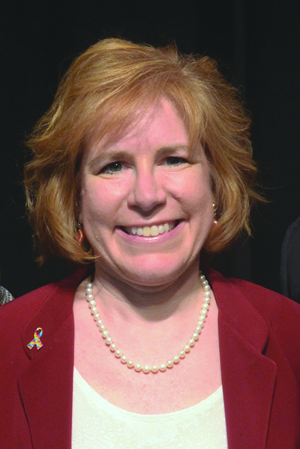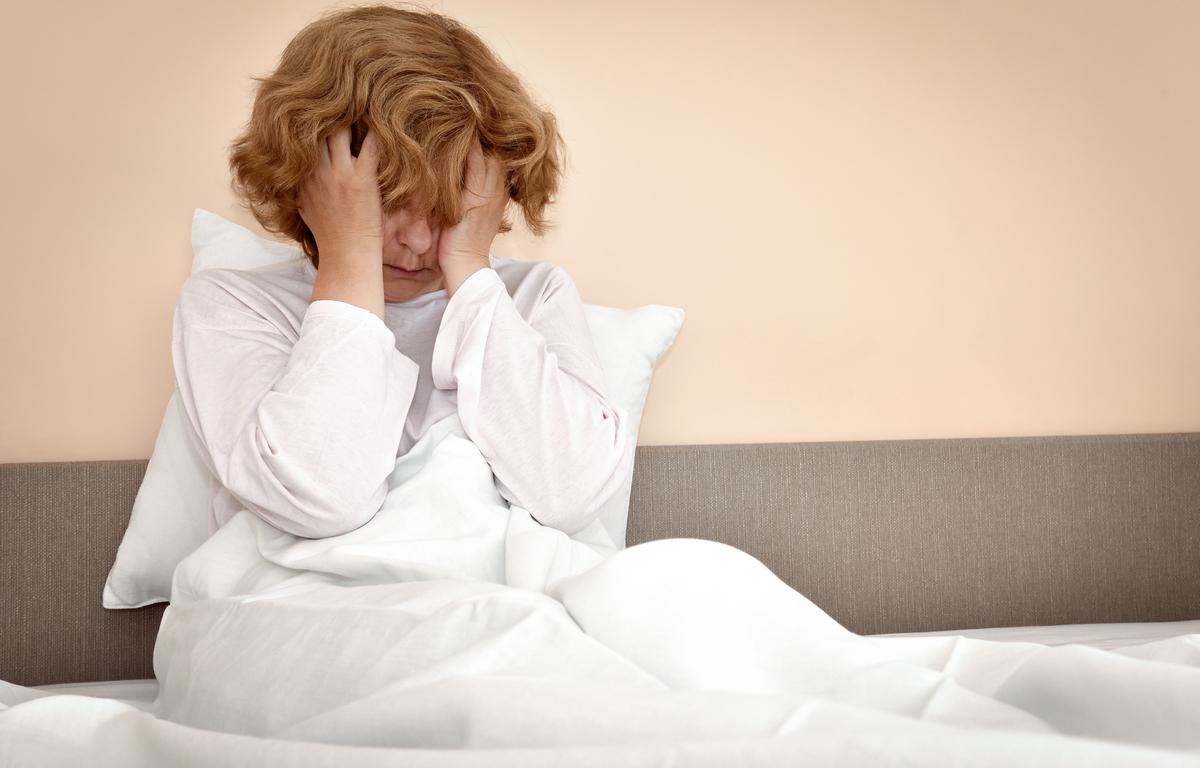NASHVILLE, Tenn. (CLARKSVILLENOW)- With the disruption of routines and daily schedules due to the COVID-19 pandemic, some people have struggled to maintain good sleep habits and others have been battling insomnia.
Add increased stress and anxiety, it has left many lying restlessly awake or scrolling social media or reading late into the night.
Dr. Beth Malow, professor of neurology and pediatrics at Vanderbilt University Medical Center, said poor sleep habits and insomnia have become widespread with the COVID-19 pandemic.
“Stress, combined with a change in routine, can wreak havoc in sleep,” Malow said. “We are going to bed and waking up at irregular times, and looking at our phones and TV late at night (which interferes with sleep).”
In addition, some may have other health issues such as sleep apnea, restless legs, and other sleep disorders due to pain or medical conditions that disrupts sleep for long periods of time.
Most adults require seven to nine hours of sleep each night and it can negatively affect ones health without proper sleep. The body is more susceptible to infection, and mental clarity, mood and work quality can be affected when a person does not get enough sleep.
So how do you break a cycle of not sleeping and poor sleep habits?
Dr. Malow says planning ahead is the first step and implementing healthy practices is the second step.
“The most important sleep tip is having a regular routine—get up close to your regular waketime before COVID (getting another 30-60 minutes of sleep in the morning is ok if you were short-changing your sleep before COVID), get exposed to light (sunlight is best), incorporate exercise, eat healthy, relieve stress (continue to connect with friends and family even if remotely; try out meditation), and limit the news you digest,” Malowe said. “Be careful about caffeine and alcohol—too much or too close to bedtime as that can disrupt sleep.”
If your sleep pattern has been disrupted or you have insomnia, it’s important to try and reestablish a healthy sleep routine especially during the COVID-19 pandemic.

Tips for Healthy Sleep Practices
Expose yourself to bright light and fresh air in the mornings
Open windows and let in the sunlight as much as possible. Morning light helps you wake up, improves mood and makes it easier to go to sleep at night.
Don’t overdo caffeine
While caffeine can boost our energy level, cut yourself off early in the day. Switch from coffee or tea to water or warm herbal tea, which can have a calming effect.
Avoid naps
While caring for family and working from home, it’s natural to be exhausted by midday, and a carefully timed nap can be effective in recharging your energy. But naps that are too long or too late can mess up your sleep routine.
Get moving
Exercise increases the likelihood of getting a good night’s sleep. Vigorous exercise can help promote sleep and also be a stress buster. But be careful about exercising too close to bedtime, as the increased stimulation can interfere with sleep.
Restrict your news intake
You should be informed about current events, but being glued to the minute-by-minute updates in today’s 24-hour news cycle will likely do more harm than good. Set aside a specific period of time dedicated to getting caught up on what’s important for you to know.
Take a social media break
Immersing yourself in the endless streams of posts and comments is an unhealthy space for your brain. Be judicious about the information you consume and focus on positive, uplifting stories. It’s good to connect with people socially, online, but be careful that the conversation doesn’t revolve around coronavirus.
Beware of “wine-o-clock”
A worldwide pandemic seems like the perfect time to indulge in an extra glass of wine (or three)! But even if alcohol provides a relaxing effect at first, it ultimately works against you because it will disrupt sleep patterns.
Reduce screen time an hour before bed.
We are all glued to our devices. But that blue light causes the brain to restrict production of melatonin, which you need to transition from your busy day to bedtime. Turn off those devices and find other ways to wind down, like working a jigsaw puzzle, playing a game of cards or taking a hot bath or shower.
Be kind to yourself
Create a calming, soothing, bedtime routine leading up to bedtime. If you absolutely need to have access to your phone, try adjusting a setting that will dim your phone in the evening and night hours. A cool, dark, and quiet bedroom will help promote sleep. If you are hungry before bed, try a small snack such as a few crackers or nuts.
Let go of expectations
If you find yourself awake in the middle of the night, don’t fight it or stress out. Use that middle-of-the-night time to meditate or write down thoughts in a journal. Take some deep breaths and repeat positive affirmations. White noise can be helpful.
Finally, remember that getting through the next few months is going to be a marathon, not a sprint. A little attention to these sleep tips will make a big difference in your ability to fight off infection, keep your mood uplifted, make good decisions, and support your colleagues, friends and family.
Courtesy of Dr. Beth Malow and the Vanderbilt University’s, “Ask an Expert” series.


